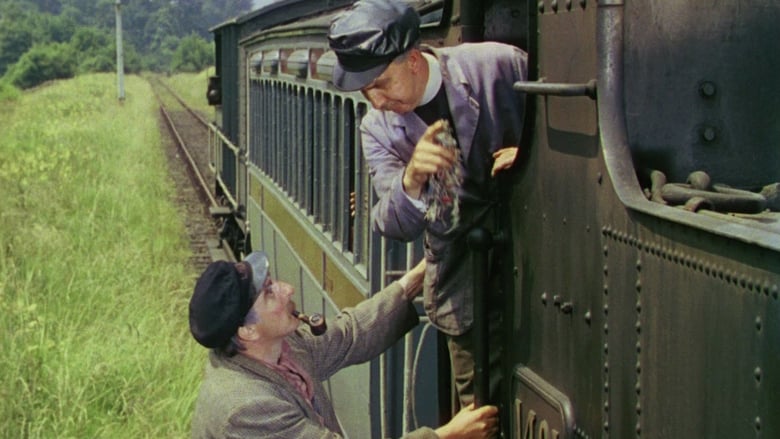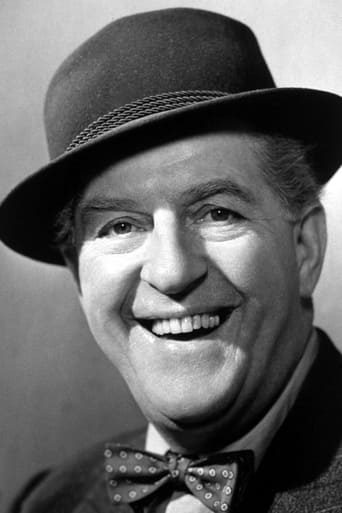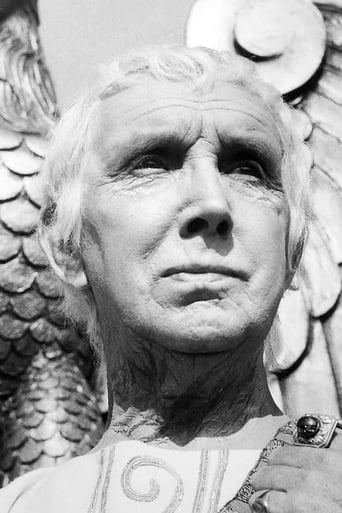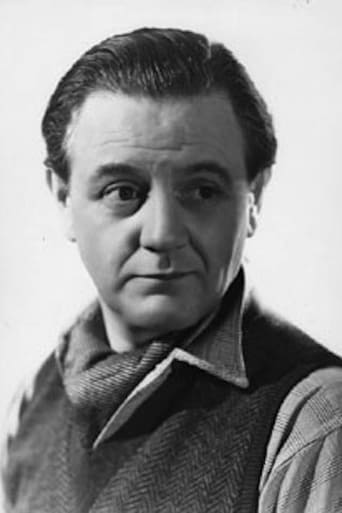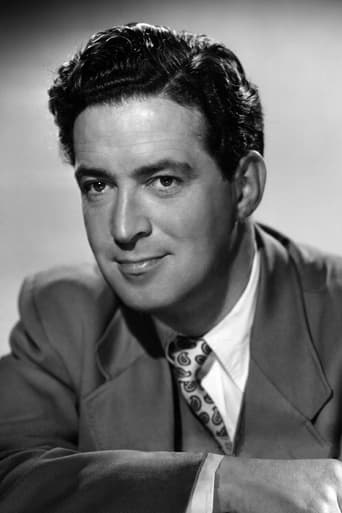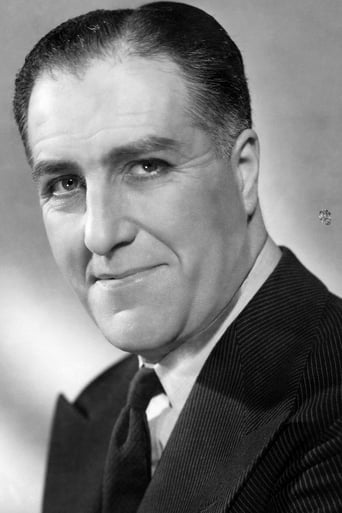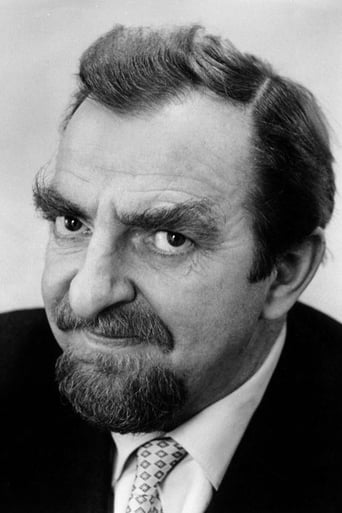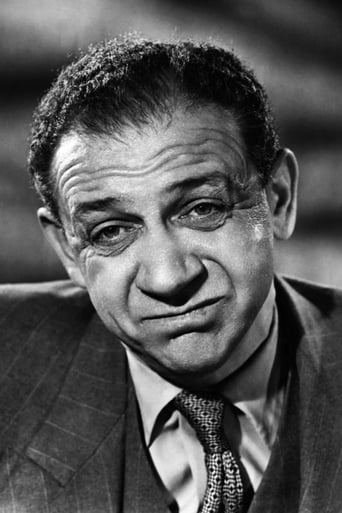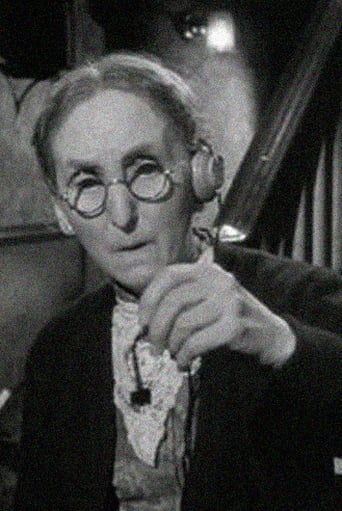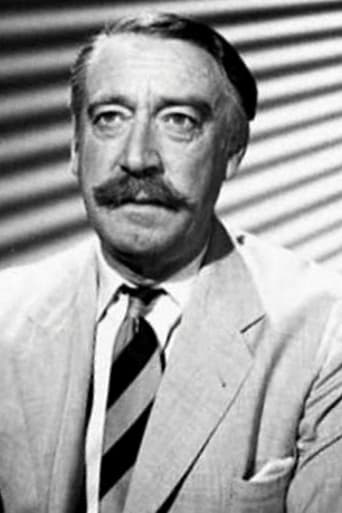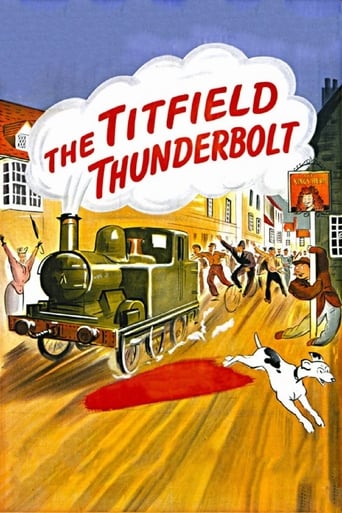
When British Railways announce the closure of the Titfield to Mallingford branch line a group of local residents make a bid to run it themselves, backed by a monied member of the community who is attracted by the complete lack of licensing hours on trains. Unfortunately the local bus company starts to use methods that can hardly be seen as fair competition.
Similar titles
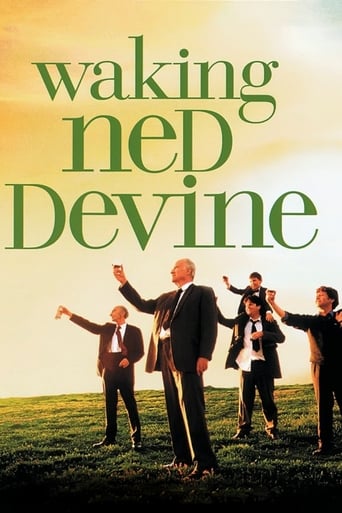
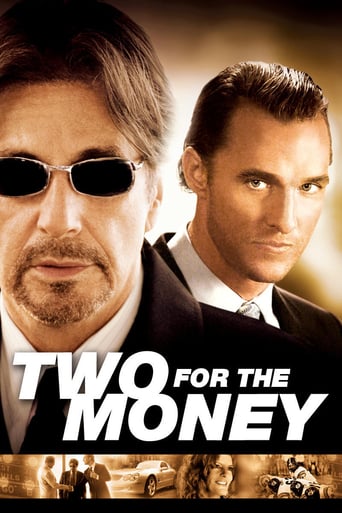
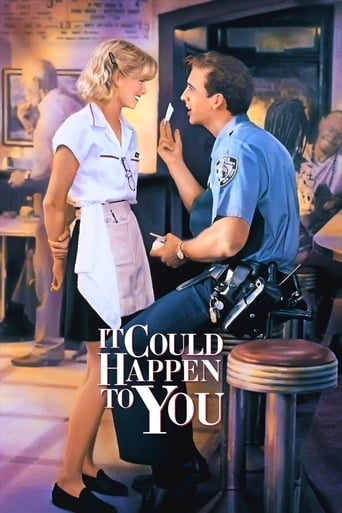
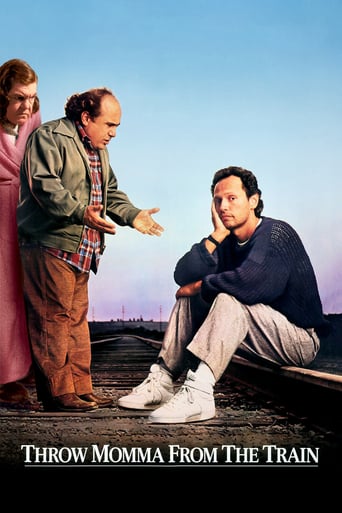
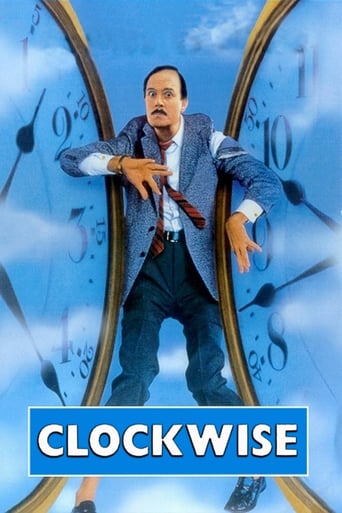
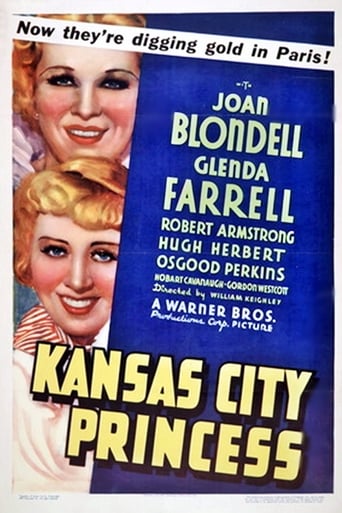

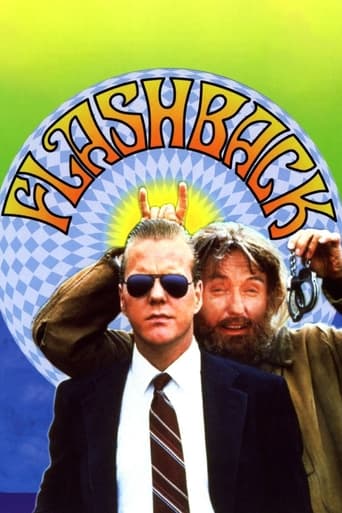
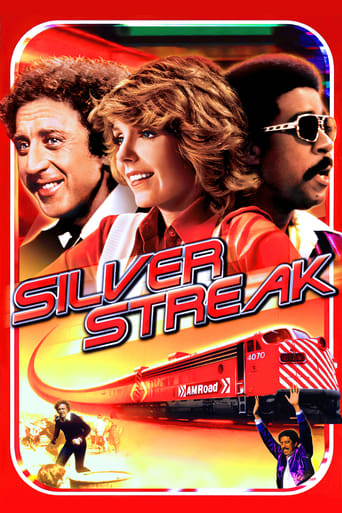
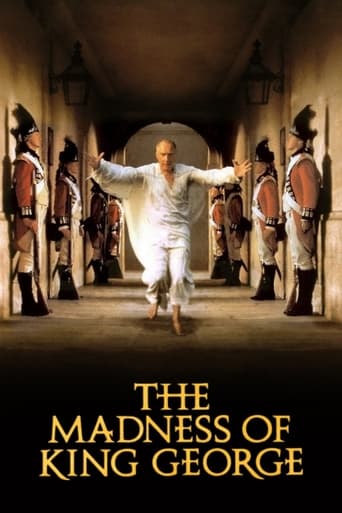
Reviews
Good story, Not enough for a whole film
Admirable film.
A story that's too fascinating to pass by...
Each character in this movie — down to the smallest one — is an individual rather than a type, prone to spontaneous changes of mood and sometimes amusing outbursts of pettiness or ill humor.
Shot in Technicolor - still rather unusual for Ealing Studios - THE TITFIELD THUNDERBOLT returns to a familiar theme explored in earlier movies such as WHISKY GALORE! (1949) in which a tight-knit community triumphs over bureaucracy. In the earlier film the subject was Scotch whisky; in this film the focus of contention is the proposed closure of a rural branch line linking the small village of Titfield to a main junction. Not many commuters actually make use of it; but the line as a whole symbolizes a tradition which, for the villagers at least, should not be discontinued. If it were to close, then Titfield would be overrun with traffic instead.Led by enterprising businessperson John Gregson, and supported by vicar George Relph and dipsomaniac landed gentleman Stanley Holloway, the village challenges the Ministry of Transport. Inevitably there are those who oppose their initiative, especially bus-owner Alec Pearce (Ewan Roberts) and his snake-like sidekick Crump (Jack MacGowran). Despite their best efforts to sabotage the railway, aided by disgruntled steamroller driver Hawkins (Sidney James), the line is saved, even though the locomotive pulling the train is the eponymous Titfield Thunderbolt, a late nineteenth century "Puffing Billy" with a maximum speed of twenty-five miles per hour.Director Charles Crichton makes us aware that this is a wish- fulfillment film - at the end we see a shiny new steam locomotive pulling several coaches, an emblem of the present (and the future) of Britain's now-nationalized railway network. From now on locos like the Titfield Thunderbolt will be operated by groups of enthusiasts for tourism purposes (as is still the case today in many parts of the country).Nonetheless the film remains an enjoyable experience to watch, notably for its evocation of an unchanging pastoral world (cinematography by Douglas Slocombe) and a clutch of memorable characterizations, including Naunton Wayne as a city lawyer who cannot make up his mind whether to support or oppose those wanting to keep the line open. In one memorable sequence he wakes up in the middle of the night with a start, convinced that he heard something untoward happening. He looks round and then goes to sleep with a terribly worried look on his face, as if feeling that he has not done his duty. However his fears are dispelled later on in the film, when Holloway tells him that he has done good work in helping the Ministry of Transport inspector to give a favorable report on the line. Wayne looks to the left of the camera and his features break into a big smile - perhaps for the first time, he understands that he has been of some use to his community.Like most Ealing comedies, the action of THE TITFIELD THUNDERBOLT unfolds at a brisk pace, covering up the screenplay's basic logical implausibilities (why would the Ministry keep such an archaic branch line open anyway?). The film remains a pleasant experience to watch.
The Titfield Thunderbolt is not Ealing Studios' best work, nor does it try to be. It is essentially a charming and entertaining film that does let off a warm glow. Yes, even if the tone is patronising occasionally and some of the characterisations a tad sketchy, the story while on the slight side is always entertaining with enough charm to suffice. The cinematography, scenery, costumes and especially the trains are a delight to look at as well, and Georges Auric's score is jaunty and memorable. The satire in general entertains, the script has its quotable parts, the film is very well directed and the film moves along briskly. The performances are also polished with Stanley Holloway especially shining in the lead. Overall, even if the studio were starting to run out of steam, The Titfield Thunderbolt still makes for pleasurable viewing. 8/10 Bethany Cox
Of the great British comedies that came out in the late Forties and early Fifties, one of my favorites is The Titfield Thunderbolt. There's no hero, no heroine, no romantic shenanigans and not even dominant players. After two generations of dumbing-down humor where the height of hilarity now usually centers on bedtime performance anxiety and flatulence, The Titfield Thunderbolt seems ever more clever, funny, and above all else, charming. Passion there is aplenty...all directed at old steam engines. When British Rail announces that it's shutting down the Titfield-Mallington branch rail line, the Titfield villagers aren't having it. They organize, (politely, of course) to make the case that they can run the line even if British Rail won't. They get their chance, but have only a month to prove they can turn a profit and be on time. Waiting in the wings are two scheming bus line operators who are planning to make sure the villagers fail. The problems are daunting. They have the engine and the passenger cars, but they must raise ten thousand quid. Vicar Sam Weech, who loves God, his parishioners and steam engines, not necessarily in that order, suggests a raffle, a bake sale and a charity performance of The Mikado. By now we've met many of the villagers, and we love them all. There's the Vicar (George Relph), aging and determined; the young squire, Gordon Chesterford (John Gregson); the wealthy and happy quaffer of spirits, wine and ale, Walter Valentine (Stanley Holloway); the drunk old former railroad man, Dan Taylor (Hugh Griffith), who lives in a crumbling, ancient passenger car; Harry Hawkins (Sid James), who operates a road roller and likes few people; and on we go. It looks like the villagers might prevail...but the bus company strikes back. The duel on the tracks between the steamroller operated by the tough Hawkins and the steam engine with the elderly vicar at the throttle is, as Jack Black fans so often say, awesome. Even so, with their engine sent down a gully it looks finally that disaster has struck...and then the villagers remember the Titfield Thunderbolt. This old steam engine is so out of date it's been in the Titfield museum for years. It must be watered, fueled and run across country to the tracks if there is a hope of success. Well, there'll be more than a hope. Charles Crichton keeps this movie moving with such briskness we might forget how skillful he is. Within five minutes he's given us the set-up. Within ten minutes he's introduced most of the characters. He places time-delay second takes in the movie so that we find one situation amusing and charming, then 20 minutes later it comes into play again in a different way that makes us smile even more broadly. If you want to see skillful comedy planning, keep an eye on Dan Taylor's hovel of a home. Crichton let's us know these people much more by what they do than by what they say. The Titfield Thunderbolt is so good, so charming and so gentle because we see just how indomitable these people are going to be. They are faced with problem after problem. With ingenuity, perseverance, good cheer and astonishing improvisation, they overcome. When Crichton sends the people of Titfield and other nearby villages running across fields and dales to give the Thunderbolt a push up hill, it's grand. It takes a village to raise a steam engine. (And while the village of Titfield is fictitious, the movie was shot near the village of Limpley Stoke, an equally fine name, which is not.) Crichton was a maker of gems. You'll be rewarded if you track down and watch Hue and Cry (1947), The Lavender Hill Mob (1951), and The Battle of the Sexes (1959). Against the Wind (1948) is a fine behind-the-lines adventure set in WWII. He fell out of fashion and spent years in television. John Cleese rescued him for a last, victorious hurrah when he was 78 to co- write and direct A Fish Called Wanda.
A very curious beast, this. It contains many of the trademarks of other Ealing comedies - the little people facing oppressive civil servant types and capitalism, lightly fantastical moments, a sense of community spirit etc. - yet these elements fail to gel this time round. In fact it's probably the only Ealing comedy to really fall flat on its face.The plot concerns a small, out-of-date railway that is due to be closed down and the local community's attempts to keep it running in the face of monumental adversity. Part of the problem lies in the fact that it's difficult to empathise with the characters' plight; I'd imagine that whereas most people would like to get rich quick (The Lavender Hill Mob, for example), few have dreams of running their own railway. Also, the main characters want to keep the railway going purely out of a desire to uphold tradition, when alternative forms of transportation are far more efficient and a Hell of a lot safer. We're meant to be on the side of the vicar and his chums trying to run a railway on their own but one can't help but think that the bureaucracy are right on this occasion and that the heroes just aren't capable of carrying out this great task. Whilst the problems that beset them are admittedly the fault of an exterior menace - mainly a couple of lads who run a bus route (ooo, scary) - the "goodies" thwart their foes at every turn by... erm... ramming them off the track (nice), or tying the train to the engine by rope (thereby posing a massive safety risk to all the passengers).Then there's the bit where Sid James shoots holes in the water refill tank and they need to find a new source of water - the river holds the apparent solution, so the drivers bang on the windows of the train and order all the passengers out so that they can help them (!) by raiding the local farm (!!) for containers to carry water back and forth until the engine's filled. Though it says a lot about the community spirit, it's a bit unlikely that the passengers would be willing to expend physical labour on what was supposed to be a quiet journey that they themselves have paid money for (the one man who refuses to do it - saying quite rightly that he shouldn't have to - is painted as the black sheep!). It makes it difficult to believe that everybody should be so keen for the railway to continue when every journey they go on is fraught with safety hazards and delays; most people would sod it for a game of soldiers and get the bus instead. And by the time people are flocking to help push the train along the tracks (a replacement engine from the local museum, note, and therefore even deadlier than the one before) to get it past its government inspection you wonder whether these people should have something better to do with their lives than fret about maintaining what seems to be the most inefficient and dangerous train service that ever existed. In fact the one argument in their favour - that replacing the one train with loads of bus routes and motorways would have huge environmental concerns and destroy the countryside - is mentioned once and then forgotten about; it seems that we're supposed to support them simply because, well, they want to run a railway and it's quite a nice hobby. I know it's supposed to be whimsical and all that but I just couldn't help but think that these characters - with their hearts in the right places - were an utter menace.Of the cast only Stanley Holloway shines as a wonderfully eccentric chap mad enough to finance the affair so long as the train has a 24 hour bar inside, and there is a wonderful sequence with a train driving down the roads of a local town (one of those magical moments Ealing did so well), but the story doesn't have strong enough foundations and the pace drags awfully (its slim 80 minutes seem to last forever). Not even the old English charm can save it. Probably worth a single viewing but you probably won't go back to it in a hurry.
Top Streaming Movies











